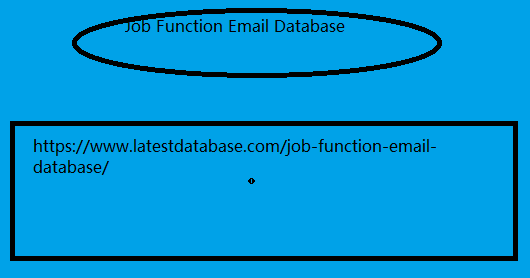Post by account_disabled on Dec 26, 2023 23:23:01 GMT 14
CPF increases the efficiency of water use throughout the production process. Recirculate water for reuse. Share with the community 8 July 2020 – Charoen Pokphand Foods Public Company Limited or CPF is committed to maximizing efficiency in the production process. Moving forward with the goal of reducing water withdrawals by 30% in 2025, reducing the risk of water shortages and pollution to the environment and communities, Mr. Suchat Wiriyaapa, Senior Deputy Managing Director Regarding safety, occupational health, environment and energy, CPF said that the company is well aware of the use of resources for maximum efficiency, both energy and water. Therefore, we give importance to systematic resource management. To support the resource use plan and reduce business risks according to the circular economy concept, in 2019 the company was able to reduce the amount of water drawn for use per production unit by 6% or 9 million cubic meters. and can reduce the overall amount of water drawn 36% compared to the base year 2015, which exceeded
the target for the year 2025 set at 30% “CPF has moved forward Job Function Email Database with the plan to reduce water use efficiently continuously since 2016 and has operations in every business. To date we have exceeded our goals. And the target will be reviewed again after evaluating this year's performance,” Mr. Suchat said. For the use of water resources, CPF emphasizes increasing efficiency by using treatment technology. Reusing water and sharing with the community, such as the company's shrimp farming business At Bang Sa Kao Chanthaburi Province and Roi Phet Farm, Trat Province, is a pilot project to install water treatment technology such as the Bio-Floc system, which is adding microorganisms to the water to treat the nitrogen solution generated from waste excreted by shrimp. come Helps reduce water changes during shrimp farming. 70% compared to shrimp farming in general Including the use of Ultra Filtration (UF) technology to filter treated water. More than 90% of this has been recycled and used to raise shrimp, and we are moving forward with this success to expand the results in other farms. Both domestically and abroad that operate aquatic animal businesses.

Another example is the use of UF and Reverse Osmosis technology to filter treated water. To circulate back to use in the evaporator (Evaporator) in the cooling system. At the Nok Chok ready-to-eat food factory which can replace water from external sources up to 216,000 cubic meters per year Reduce expenses more than 1.7 million baht per year. In addition, the animal feed business raising land animals and food business It also helps reduce water extraction from nature by recycling treated water for use in activities not related to production, such as watering trees, washing road surfaces, and washing animal barns, more than 30 million cubic meters, accounting for 21 % of total water withdrawal used In terms of sharing water to the community The pig business takes treated water from the biogas production system to distribute as “fertilizer water” to communities surrounding the farm, over 447,000 cubic meters, covering 3,650 rai of agricultural land. Help alleviate drought problems. Helps reduce cultivation costs and create stability for the community.
the target for the year 2025 set at 30% “CPF has moved forward Job Function Email Database with the plan to reduce water use efficiently continuously since 2016 and has operations in every business. To date we have exceeded our goals. And the target will be reviewed again after evaluating this year's performance,” Mr. Suchat said. For the use of water resources, CPF emphasizes increasing efficiency by using treatment technology. Reusing water and sharing with the community, such as the company's shrimp farming business At Bang Sa Kao Chanthaburi Province and Roi Phet Farm, Trat Province, is a pilot project to install water treatment technology such as the Bio-Floc system, which is adding microorganisms to the water to treat the nitrogen solution generated from waste excreted by shrimp. come Helps reduce water changes during shrimp farming. 70% compared to shrimp farming in general Including the use of Ultra Filtration (UF) technology to filter treated water. More than 90% of this has been recycled and used to raise shrimp, and we are moving forward with this success to expand the results in other farms. Both domestically and abroad that operate aquatic animal businesses.

Another example is the use of UF and Reverse Osmosis technology to filter treated water. To circulate back to use in the evaporator (Evaporator) in the cooling system. At the Nok Chok ready-to-eat food factory which can replace water from external sources up to 216,000 cubic meters per year Reduce expenses more than 1.7 million baht per year. In addition, the animal feed business raising land animals and food business It also helps reduce water extraction from nature by recycling treated water for use in activities not related to production, such as watering trees, washing road surfaces, and washing animal barns, more than 30 million cubic meters, accounting for 21 % of total water withdrawal used In terms of sharing water to the community The pig business takes treated water from the biogas production system to distribute as “fertilizer water” to communities surrounding the farm, over 447,000 cubic meters, covering 3,650 rai of agricultural land. Help alleviate drought problems. Helps reduce cultivation costs and create stability for the community.
